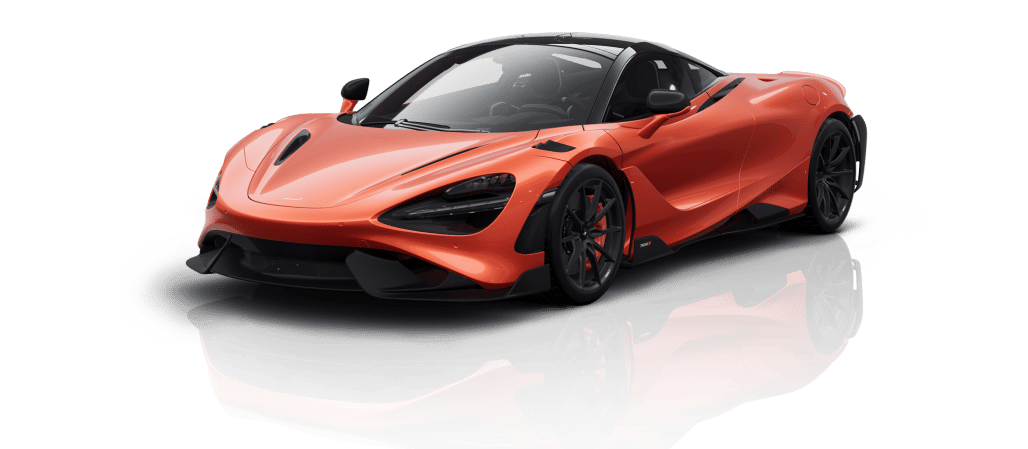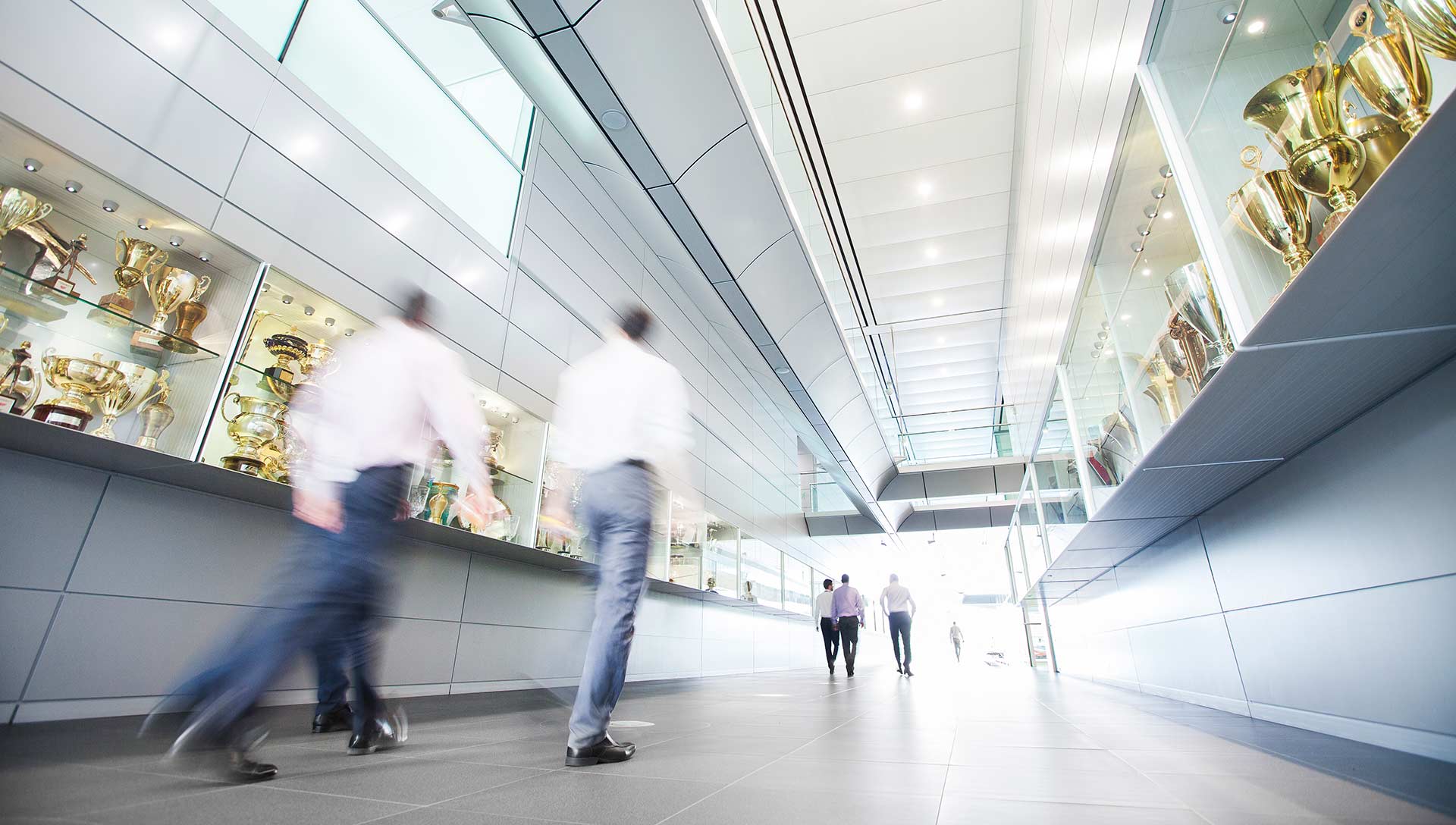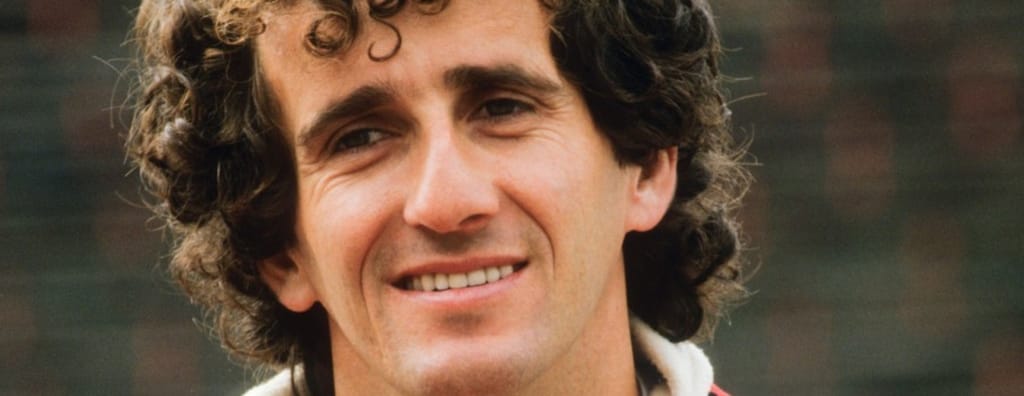
Alain Prost
- Born 24 February, 1955
- Titles 4
- Grands Prix 202
- Wins 51
- McLaren Career Span 1980, 1984 - 1989
In terms of hard results achieved on the race tracks, this compact, self-confident little Frenchman was matched only by Ayrton Senna when one comes to analyse their contribution to the ongoing pages of McLaren Formula 1 history.
Unquestionably Prost displayed the Midas touch from the outset of his career, sweeping clean the F3 trophy cupboard and being invited to a McLaren F1 test session at Paul Ricard after clinching the European championship in 1979. Not many insiders recall one-time McLaren team boss Teddy Mayer break into a run, but he certainly did after he’d seen Prost in action on that day – to find his briefcase which contained a McLaren contract that he pressed urgently into Alain’s hand!
For the most part Prost built his long career on making the right move at the right time, but 1980 was very much an interim year as the team struggled to develop the ‘ground effect’ M29. By the time Ron Dennis and John Barnard arrived with their ambitious plans to build a fully carbonfibre chassis, Alain had already decided to move on.
It might have taken some legal wrangling for Prost to secure his seat at Renault for 1981, but by the end of 1983 the French car maker had still not won the championship so Alain decided to walk. Ron Dennis, now in full control of McLaren, and with his high-tech vision proven, was waiting with a contract.
Mid-race refuelling was banned for 1984, making fuel efficiency a more important element of the performance equation. With the frugal new Porsche-made TAG turbo V6 exclusively for McLaren’s use, the team proved to be in a class of its own throughout the season. Prost won seven races but Lauda, who took five wins, scored more consistently and beat him to the championship by just half a point, the closest shoot-out in F1 history.
In 1985 Prost embraced the lower-risk approach, winning fewer races but clinching the crown. This did not always meet with the approval of Dennis, as at the Belgian Grand Prix, where Alain cruised home third in the rain after the retirement of chief rival Michele Alboreto; McLaren’s team principal felt that this was a race Alain could and should have won. “I know,” replied Prost, “but I’ve lost the championship at the last moment so many times I’m not taking any chances.”
Fourth place at the next round, with two races yet to run, was enough to secure the title and he retained it in 1986, thereby becoming the first back-to-back champion since Jack Brabham in 1959-60. With the TAG engine at the end of its development curve 1987 yielded just three wins – albeit significant ones, since they took Alain past Jackie Stewart’s tally of 27, making him the most successful Grand Prix driver of all time. The team was already focusing on 1988, having signed the ferociously powerful Honda engines and the ferociously competitive young Brazilian Ayrton Senna. The curtain was now poised to go up on one of the fiercest rivalries in F1 history.
Senna set foot on McLaren’s turf with one ambition alone. He was aiming to stamp his mastery on the entire organisation, including Prost. He was about right, too; the combination of these two great drivers and the new McLaren-Honda MP4/4 conferred such a performance advantage that F1 became their personal playground. Between them they won 15 of the season’s 16 races.
Prost was forced to raise his game to get on terms with his younger rival. He had been taking fewer risks in traffic – those days were history as far as Alain was concerned – and he was firmly against racing in the rain. But he continued to be extremely competitive and in 1989 won the championship for the third time. But after some lurid on-track action with Senna, and some off-track bust-ups, Alain accepted an offer to join Ferrari. Dennis counselled him not to be too hasty, but eventually it was clear that Alain’s mind was made up.
Swapping teams was not the immediate answer because he still had to face Senna on-track. When Ayrton rammed him off the circuit at the first corner of the 1990 Japanese GP, his morale touched rock bottom. He would stay at Ferrari before being quietly released from his contract in the closing weeks of the ’91 season; after spending ’92 on the sidelines he negotiated a contract with Williams for one final year, winning the drivers’ title while Senna and McLaren had a relatively fallow season using customer Ford engines.
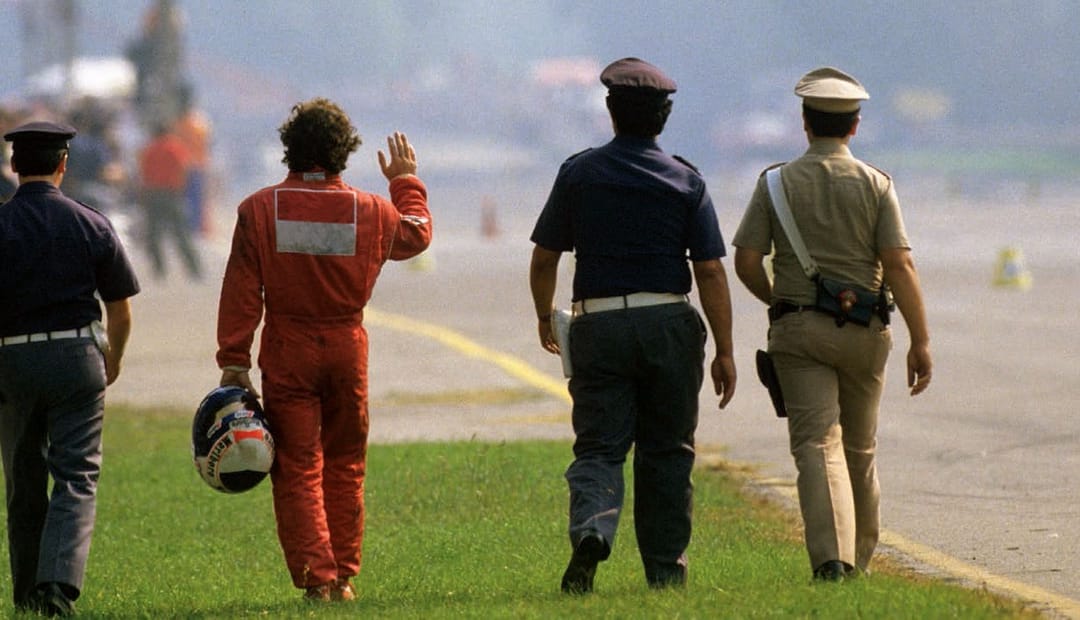
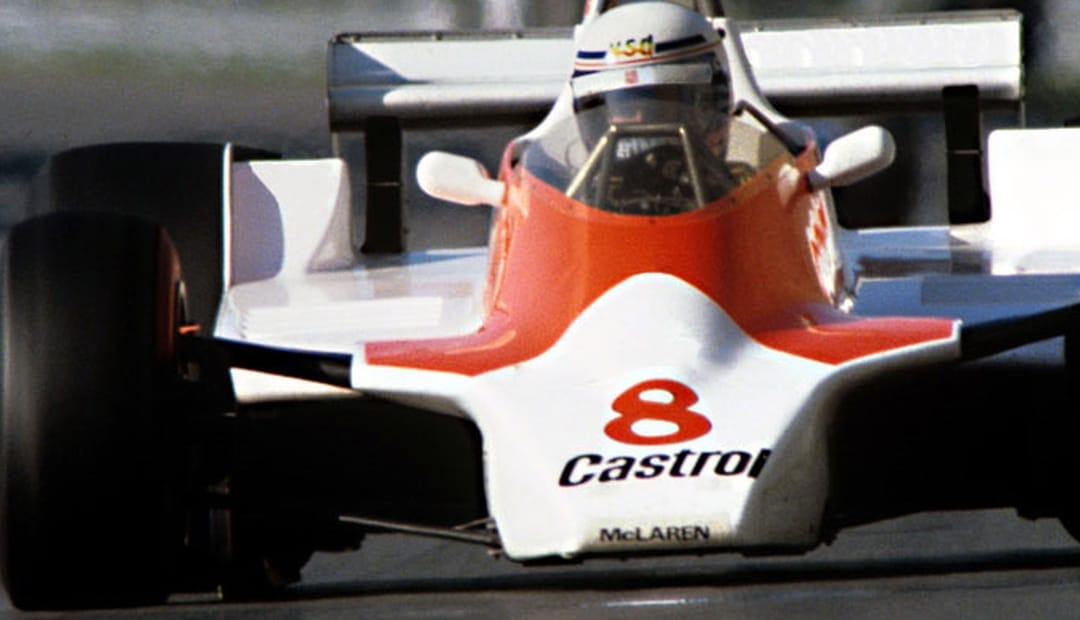
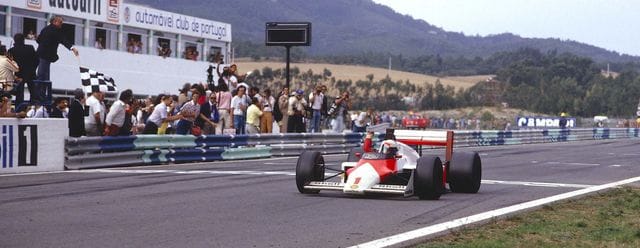
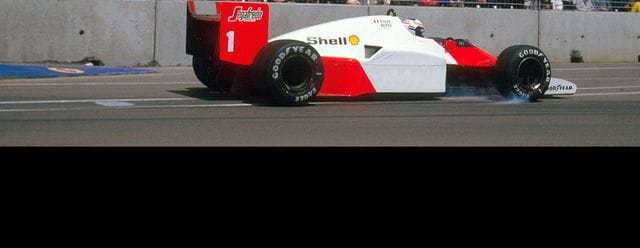
Alain Prost Biography | Extract 2
Alain Prost Biography | Extract 2
Alain Prost Biography | Extract 1
Alain Prost Biography | Extract 1
Alain's record breaking year
How the MP4/4's lesser-known predecessor helped Le Prof
Beating the odds in Adelaide
The three-way showdown that led to Prost's second championship

